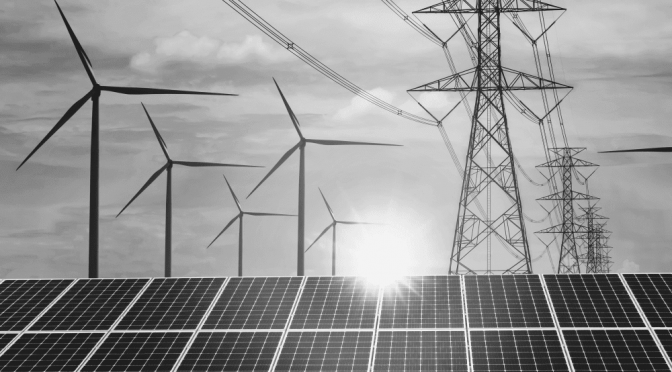Moldova, a small landlocked country in Eastern Europe, has been making significant strides in recent years to diversify its energy sources and reduce its dependence on imported fossil fuels. With its abundant natural resources and favorable geographical location, the country has immense potential to develop its renewable energy sector, which could not only help meet its growing energy demands but also contribute to its economic growth and environmental sustainability.
Currently, Moldova relies heavily on imported natural gas from Russia to meet its energy needs, making it vulnerable to price fluctuations and supply disruptions. In fact, the country imports over 90% of its total energy consumption, which has led to high energy prices and increased its dependence on external sources. This has prompted the government to explore alternative energy sources and invest in renewable energy projects to reduce its reliance on fossil fuels and strengthen its energy security.
One of the key areas of focus for Moldova’s renewable energy sector is the development of solar power. The country enjoys an average of 2,200 hours of sunshine per year, making it an ideal location for solar energy production. In recent years, several solar power plants have been built across the country, with a combined capacity of over 50 MW. These projects have not only helped increase the share of renewable energy in the country’s energy mix but also created new jobs and stimulated local economies.
Another promising area for renewable energy development in Moldova is wind power. The country has significant wind potential, particularly in the northern and southern regions, where wind speeds are suitable for the installation of wind turbines. In 2018, the first large-scale wind farm was commissioned in the country, with a capacity of 27 MW. This project marked a major milestone in Moldova’s efforts to harness its wind resources and demonstrated the viability of wind power as a clean and sustainable energy source.
Biomass is another renewable energy source with significant potential in Moldova, given the country’s vast agricultural resources. The production of biomass from agricultural waste, such as straw and manure, can provide a sustainable and cost-effective source of energy for heating and electricity generation. The government has been actively promoting the use of biomass for energy production through various initiatives, including the provision of financial incentives and technical assistance to farmers and rural communities.
In addition to these renewable energy sources, Moldova is also exploring the potential of geothermal energy, which could provide a stable and continuous source of heat and electricity. Although the country’s geothermal resources are relatively modest compared to other countries in the region, there is still potential for the development of small-scale geothermal projects, particularly in the southern part of the country.
The development of renewable energy sources in Moldova has been supported by various international organizations and development partners, such as the European Union, the World Bank, and the United Nations Development Programme. These organizations have provided financial and technical assistance to help the country develop its renewable energy sector and implement energy efficiency measures.
However, despite the progress made in recent years, there are still several challenges that need to be addressed to fully unlock the potential of renewable energy sources in Moldova’s energy market. These include the need for further investments in renewable energy infrastructure, the development of a supportive regulatory framework, and the enhancement of public awareness and acceptance of renewable energy technologies.
In conclusion, Moldova has significant potential to develop its renewable energy sector and reduce its dependence on imported fossil fuels. By harnessing its abundant natural resources and investing in clean and sustainable energy sources, the country can not only strengthen its energy security but also contribute to its economic growth and environmental sustainability. With the right policies and support from international partners, Moldova can become a regional leader in renewable energy development and serve as a model for other countries in the region.

